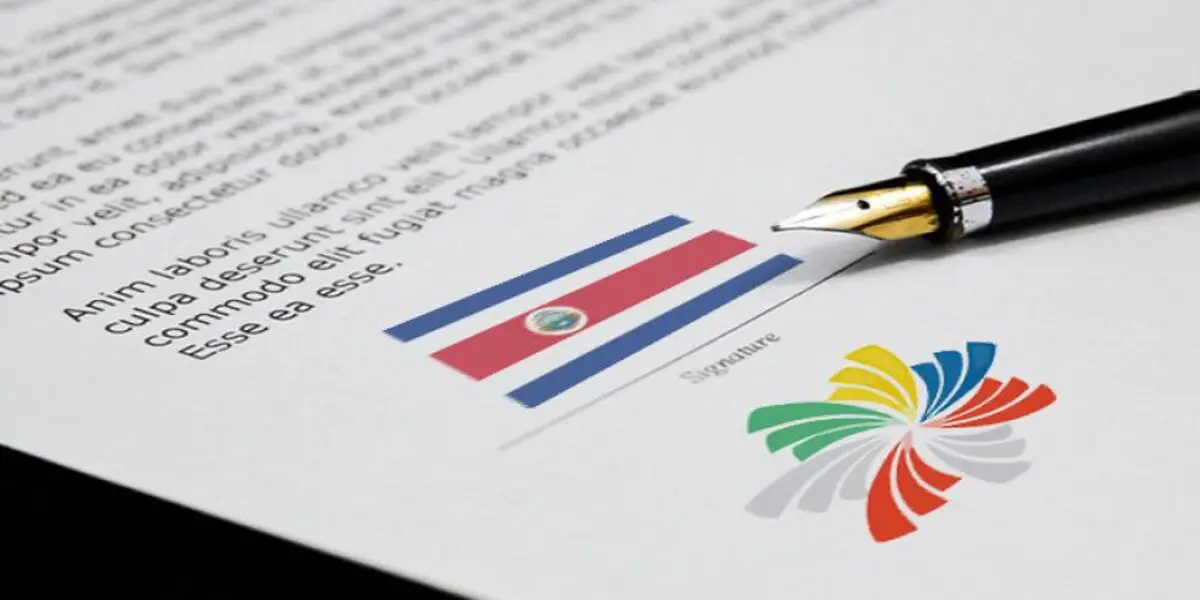A Canadian Senate committee studying a bill to criminalize forced sterilization procedures last week heard emotional testimony from a survivor of forced sterilization.
“It’s like you’ve wiped out a generation,” Nicole Rabbit, a member of the Circle of Survivors for Reproductive Justice, an organization of Indigenous women who survived forced and coerced sterilization, told the committee in Ottawa.
Bill S-250, an act to amend the Penal Code on the issue of sterilization procedures, would make forced and coerced sterilization punishable under the Penal Code by up to 14 years in prison.
The bill outlines what constitutes consent and safeguards for consent, such as giving the patient the opportunity to withdraw consent immediately before the procedure is performed.
It also states that the doctor must ensure that the request for a sterilization procedure was not the result of external pressure or from someone abusing their position of trust, power or authority.
Nicole Rabbit, a member of the Blood Tribe of Alberta, spoke to the committee on February 29 about her family’s experience of forced sterilization. Rabbit said she and her mother had been forced to be sterilized in their 20s, after they each had four children.My daughter could have had more siblings; I could have had more brothers. Our family could have been bigger, Rabbit said.
Rabbit testified before a Senate committee in 2022 that she gave birth by cesarean section at the Royal University Hospital in Saskatoon in September 2001. After the birth, while still on the operating table, she said a nurse informed her that she could not have another baby and that a sterilization procedure would be best for her. Rabbit said she felt pressured to say yes.
Senator Yvonne Boyer, a member of the Senate Human Rights Committee, introduced Bill S-250 in the Senate last June. If passed, the bill would criminalize coercing or forcing a person to be sterilized, punishable by up to 14 years in prison.
“I want an apology”
Nicole Rabbit stated that her mother, who died last month, reportedly told the committee that someone needs to be held accountable for the acts of genocide faced by indigenous people in relation to forced and coerced sterilization and that this should be stated in the Penal Code.“I want an apology for what happened to me,” Rabbit said.
Most vulnerable women
The establishment of this law is the first of thirteen recommendations made in a Senate report in 2022.The report said Canada’s history of forced and coerced sterilization was deeply troubling and indicated that First Nations, Métis and Inuit women were disproportionately targeted for these medical price dures, as were Black women and women with vulnerabilities, intersections related to poverty, race and disability. .
Sen. Yvonne Boyer, the bill’s sponsor, said she heard from hundreds of people who were victims of forced and coerced sterilizations. She informed the committee that she received a call in December from an Indigenous mother who said she was sterilized without her consent.
“This is a real problem that is happening today, as we speak, and is not an issue of the past,” Boyer said.Boyer told the committee that the hope is that adding this offense to the criminal code will make doctors think better and prevent them from carrying out such procedures without first obtaining proper consent.Bill S-250 passed second reading in the Senate and is before the committee for consideration. It still needs to be presented to members of the House of Commons.

Source link
TCRN STAFF



